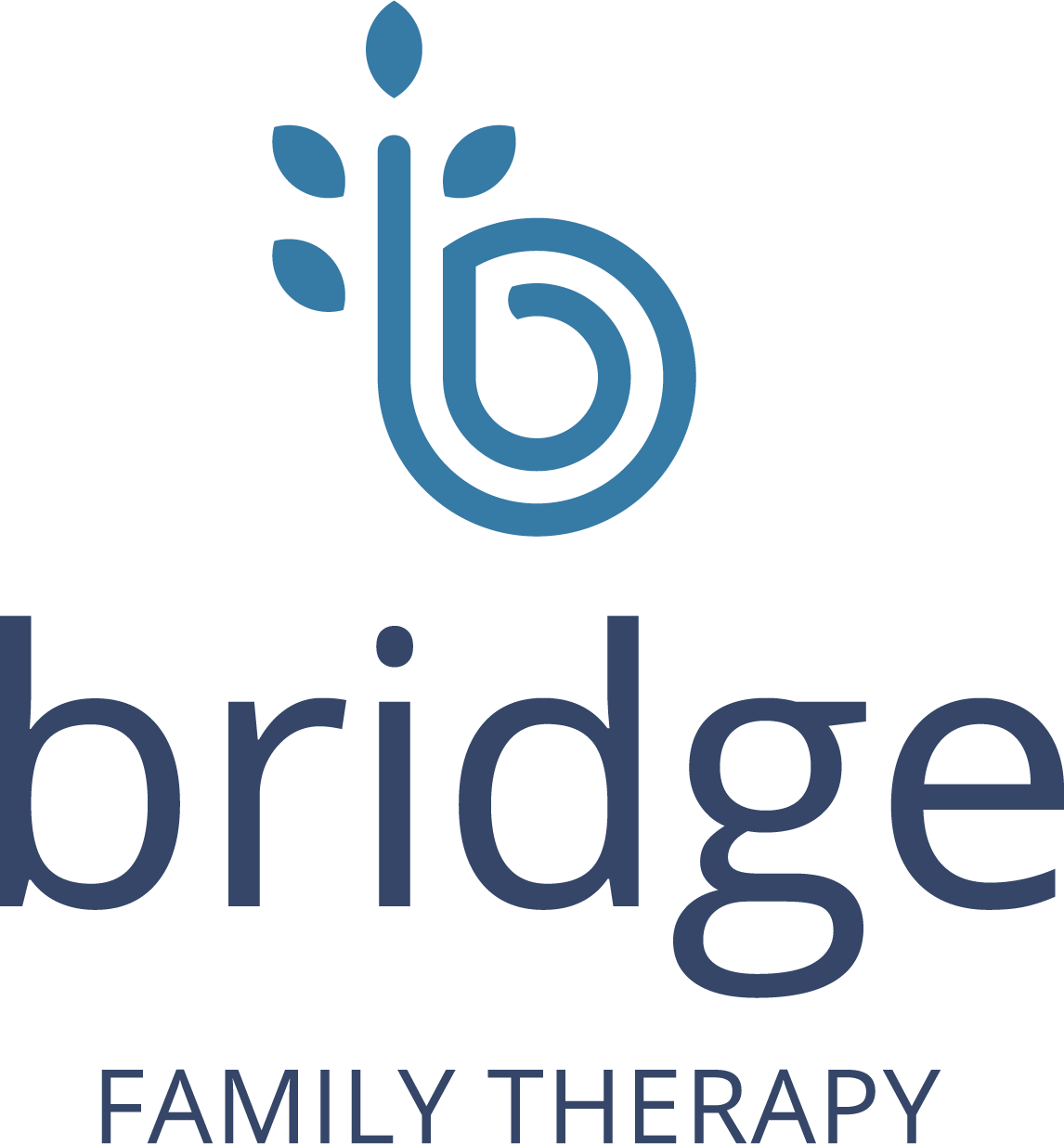Partner Observation Questionnaire
Understanding Neurodivergent Traits Through Partner Perspectives
This questionnaire is designed to gather your observations and experiences regarding your partner's daily functioning, communication patterns, and behavioral traits. Your perspective as someone who knows them well in various contexts is invaluable for understanding their support needs and strengths. Please answer based on your direct observations and experiences.
